Master Class on “Councils and Popes: Who’s in Charge?”
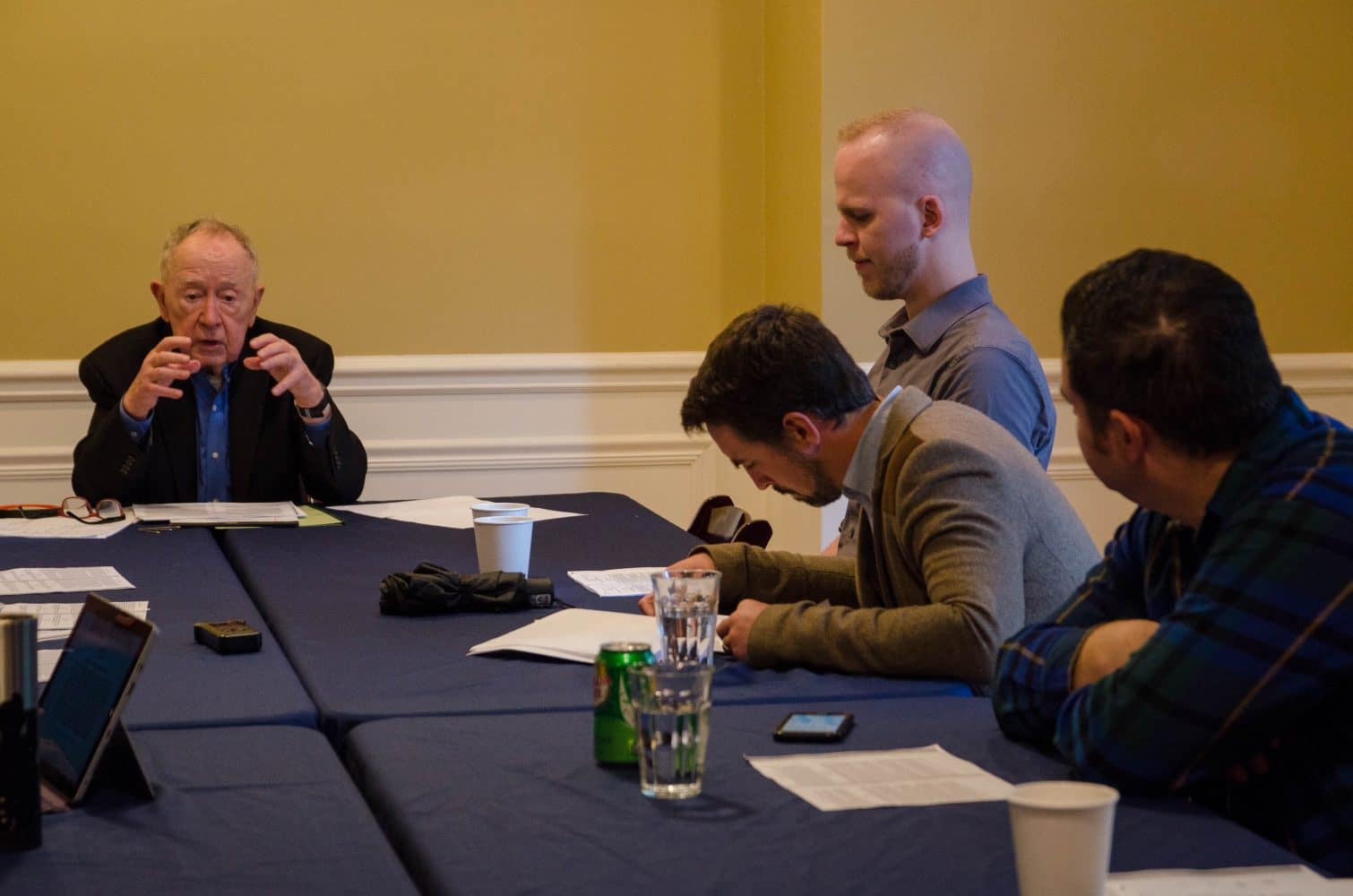
Registration is required. Open to current university students and faculty. A PDF of the assigned readings will be provided. The purpose of the seminar is to deepen understanding of the historical course of the relationship between councils and popes through an examination of four key texts published at four key moments in the ongoing dialectic between these two institutions. Our time together will be spent on a close reading and discussion of the texts, trying to understand them in their historical contexts. We will read them also with an eye to their possible relevance to the situation of the Catholic Church today. In…
Master Class on “Jacques Maritain, Étienne Gilson, and the Thomist Renewal in the 20th Century: Academic and Spiritual Approaches”
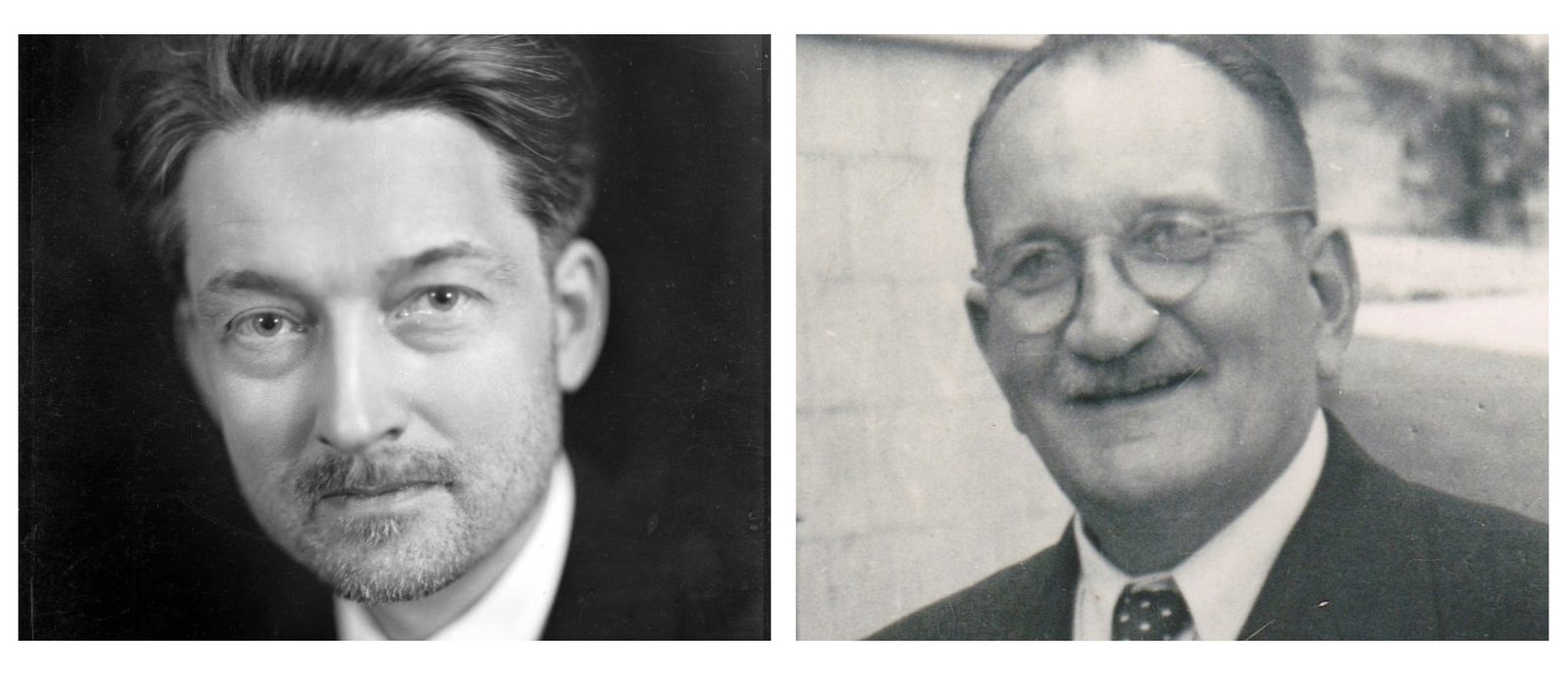
Open to current university students and faculty. PDFs of the assigned readings will be provided for those who register. For the Blessed Paul VI, Jacques Maritain (1882-1973) was a master “in the art of thinking and praying”. In 1975, Paul VI sent a letter to Etienne Gilson (1884-1978) to thank him for his whole life devoted to the search of truth and wisdom. In “Fides et Ratio” (1998, n.74), Saint John Paul II suggested Maritain and Gilson, among other names, as models of thinkers to reconcile philosophy and theology, reason and the word of God. What are the lessons taught…
How Catholics Can Realize the Royal Priesthood of the Laity and Rebuild a Church in Crisis
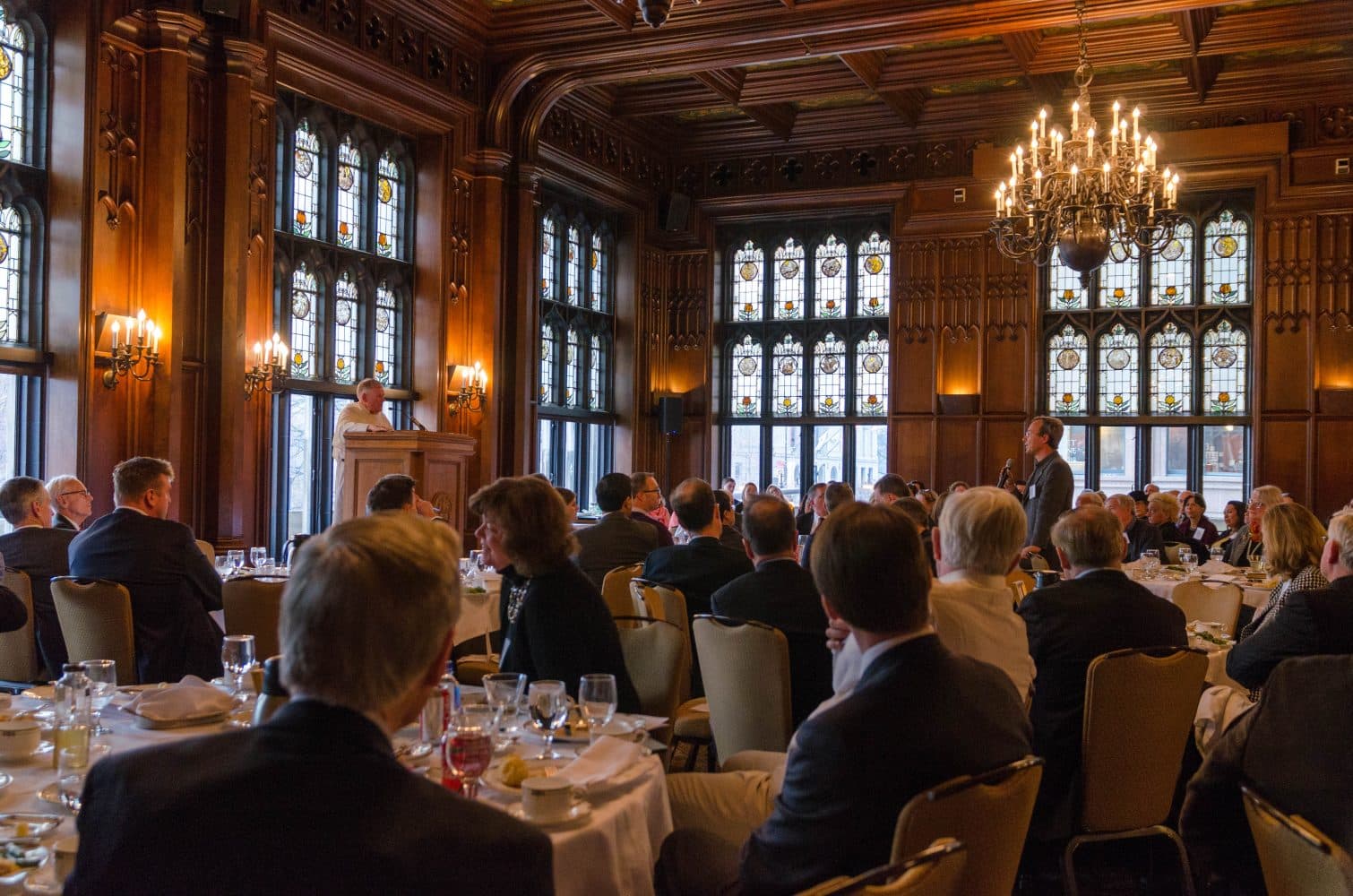
You can subscribe to the Lumen Christi Institute Podcast via our Soundcloud page, iTunes channel, Stitcher, TuneIn, ListenNotes, Podbean, Pocket Casts, and Google Play Music. To view photos of the address, visit Lumen Christi’s Facebook page. To read the published version of the address in Commonweal, click here. You can download the event poster here. $30 Student (with ID) / $60 General / $600 Host Committee Registration includes lunch. The Church has long taught that all baptized Christians share in Christ’s royal priesthood, and that we are “a chosen race, a royal priesthood, a holy nation, God’s own people,” who should “declare the wonderful deeds of him who…
The Open Question of Church Polity and Governance: Trent, Vatican I, Vatican II
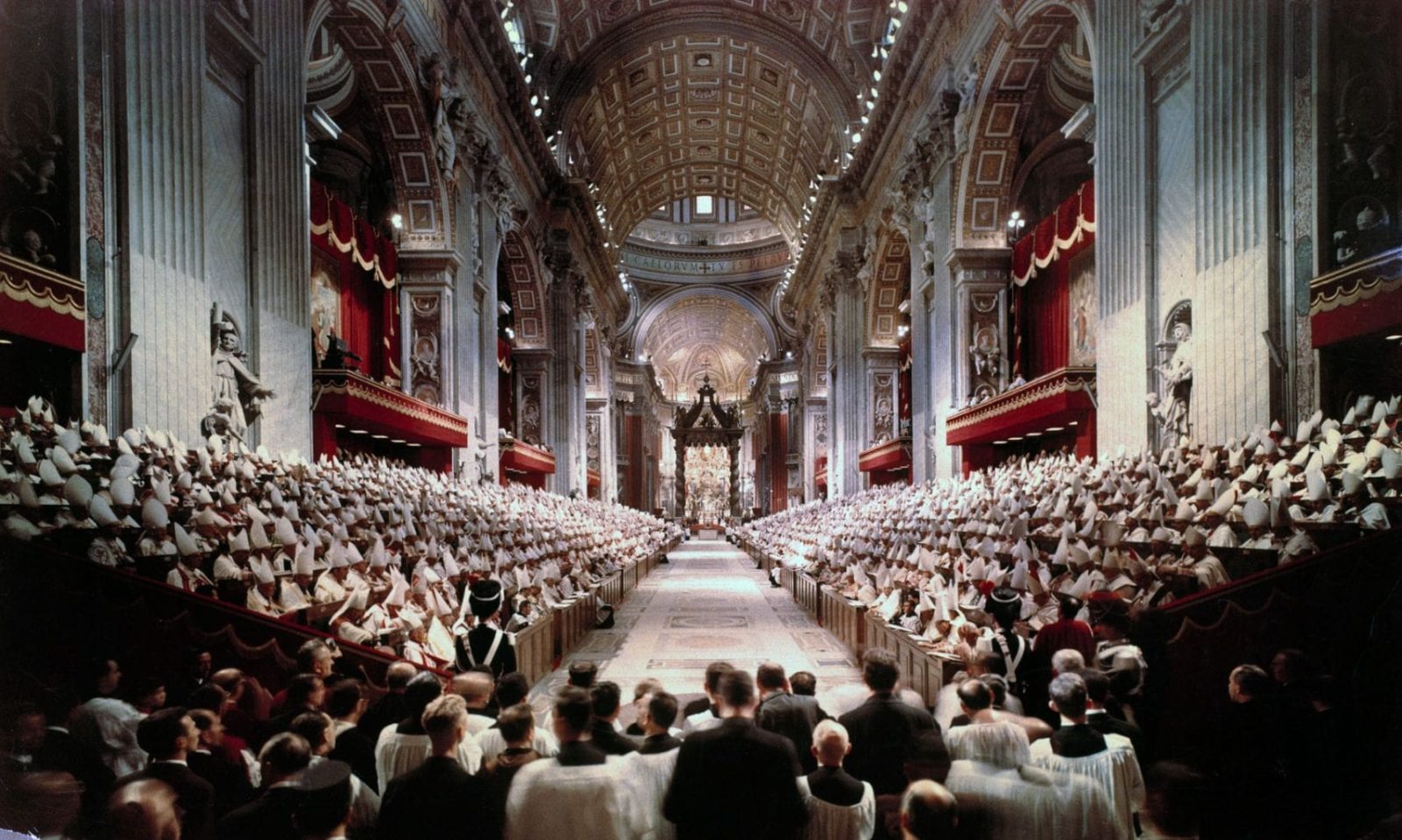
Free and open to the public. Cosponsored by the Theology and Ethics Workshop at the Divinity School and the Midwest Province of the Society of Jesus. Sexual and financial scandals are prompting Catholics to ask hard and painful questions about church government. Who is in charge? How is responsibility and accountability for governance distributed in the Church? By no means is this the first time that the Catholic Church has reckoned with the letter and the spirit of its own governance. Drawing from his latest book, When Bishops Meet: An Essay Comparing Trent, Vatican I, and Vatican II (Harvard, 2019), Fr. John…
Master Class on Yves Congar’s “True and False Reform in the Church”
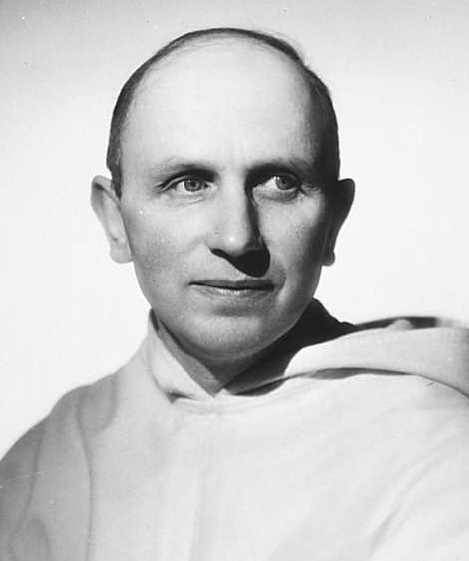
This program was open to students, faculty, and staff. Is a reform of the church really possible? Yves Congar’s True and False Reform (1950), although initially restricted by the Holy See, became an instrumental text in setting the stage for the Second Vatican Council, and remained one of the most important theological works of the 20th century. Pope John XXIII initially described the goals of the council in terms that reflected Congar’s description of authentic reform: reform that penetrates to the heart of doctrine as a message of salvation for the whole of humanity, that retrieves the meaning of prophecy in…
Master Class on “The Integralism of Jacques Maritain” Part I
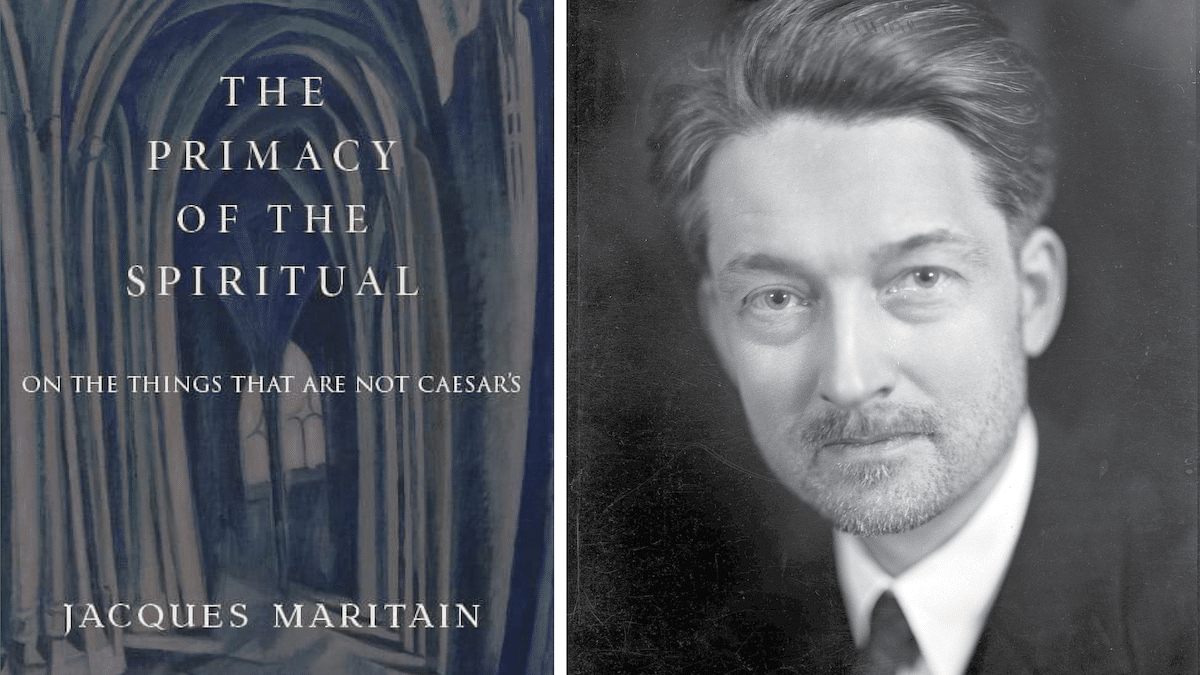
REGISTER HERE THIS IS AN IN-PERSON EVENT. Open to current graduate students and University of Chicago Undergraduates. Others who are interested in participating should contact us. Copies of The Primacy of the Spiritual: On the Things that are not Caesar’s (Cluny Media, 2020) will be provided for registrants. Jacques Maritain (1882-1973) was perhaps the most influential Catholic social and political philosopher of the 20th century. He taught at Columbia and Princeton, and was a frequent guest lecturer at the University of Chicago, where he gave the Walgreen Lectures, later published as Man and the State (1951). Appointed the French Ambassador to the Holy See…
Synodality in Perspective: Traditions Past and Present
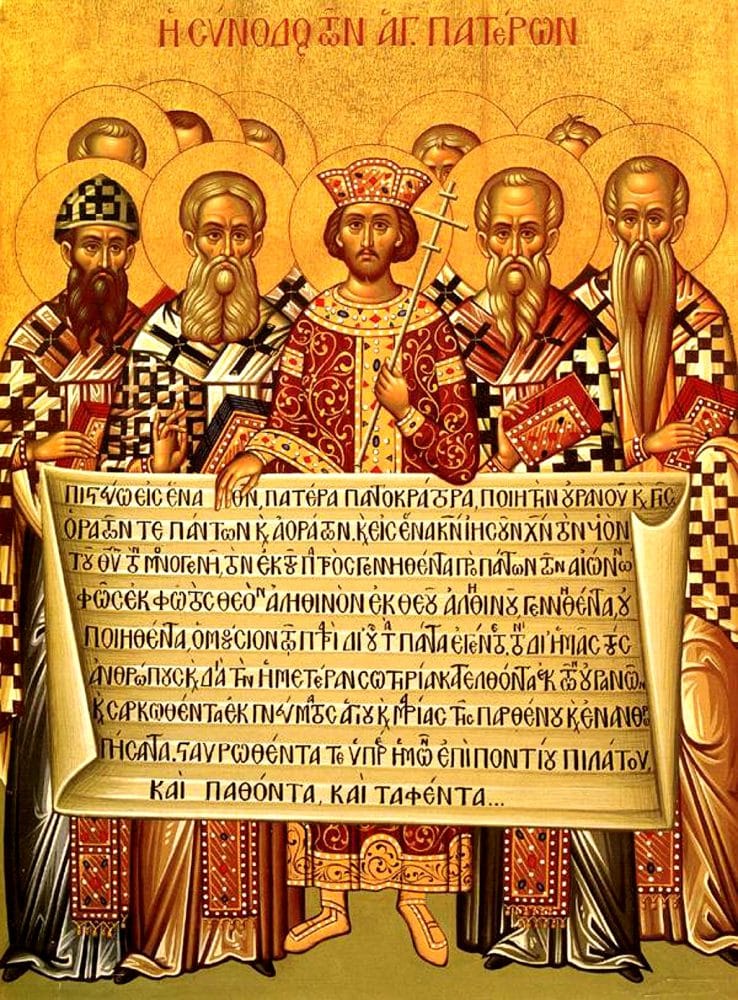
This online symposium series is being organized by the American Cusanus Society, Nova Forum and the Lumen Christi Institute. Additional Cosponsors include Commonweal, America Media, St. Anselm Institute for Catholic Thought and the Collegium Institute. Participation and Registration | All are invited to participate. To attend, please register online. Registration links are provided by each session and date below. Each session will be a dialogue with a moderator hosting a conversation between two scholars. About the Series | In light of Pope Francis’ call for global Catholic communities to enter into a two-year process on synodality, this six-part series will examine both the history…
Remembering Fr. John W. O’Malley
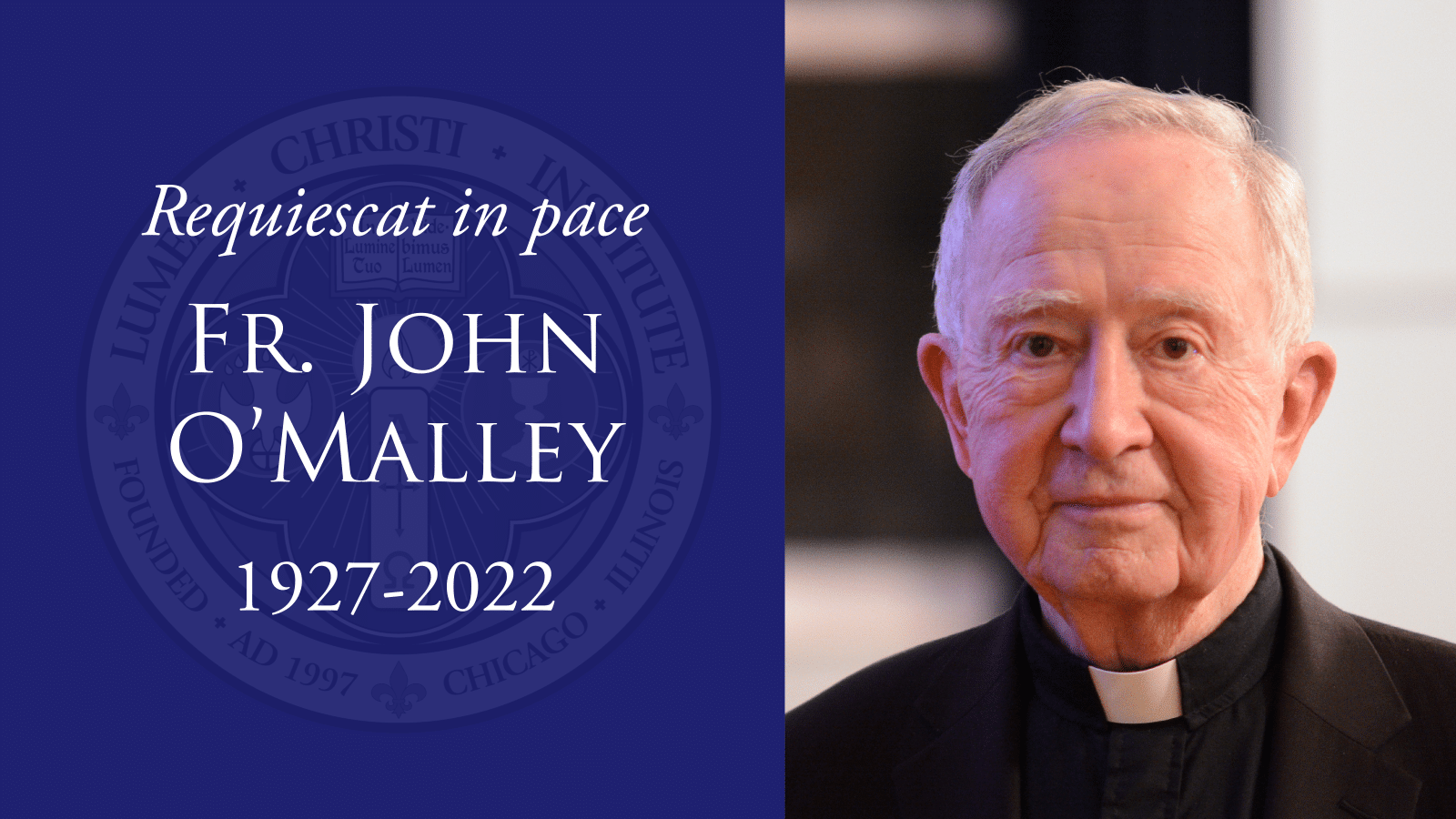
We are saddened to share that Fr. John W. O’Malley, S.J. went to the house of the Father on September 11, 2022. A scholar, professor and priest, Fr. O’Malley was nationally-known for his expertise on Renaissance European and early modern Catholic history. An academic heavy-weight, he was also remembered for his humility. Fr. O’Malley was University Professor Emeritus of Theology at Georgetown University. Before that, he taught generations of lay students and clergy as the Distinguished Professor of Church History at the Weston Jesuit School of Theology, from 1979 until 2006. Over the years, he shared his expertise through lectures…
The Life of Saint Teresa of Avila
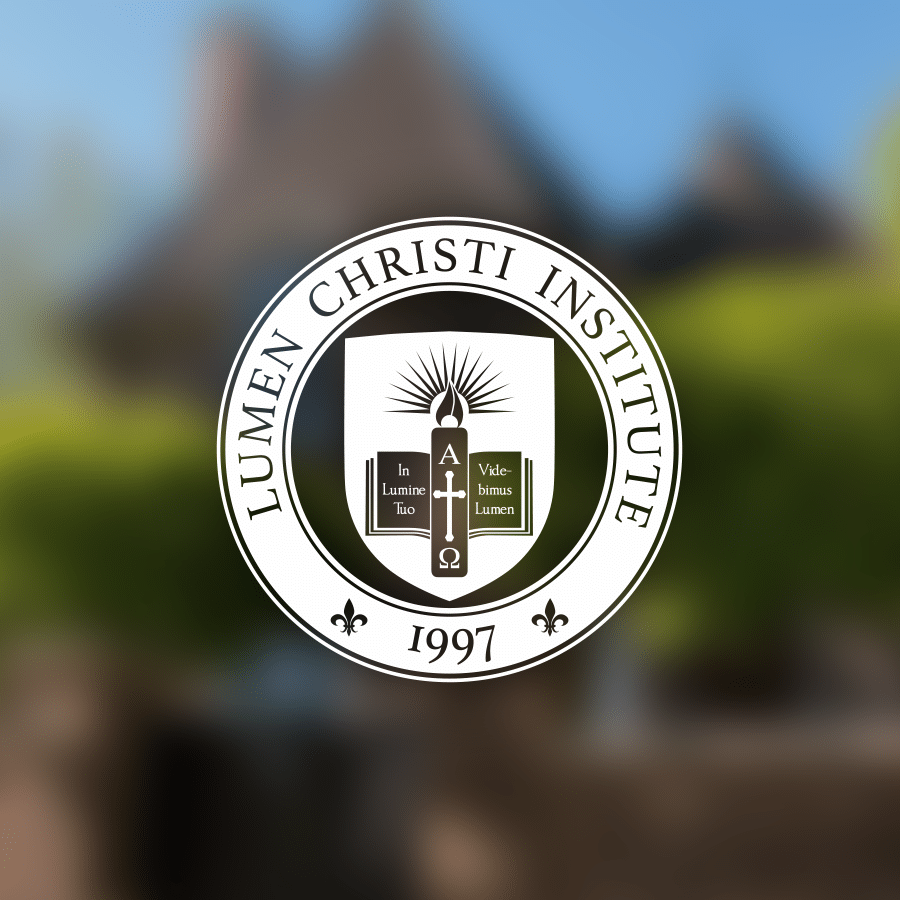
Re-reading the Signs of the Times: Oakes on Vatican II After 50 Years
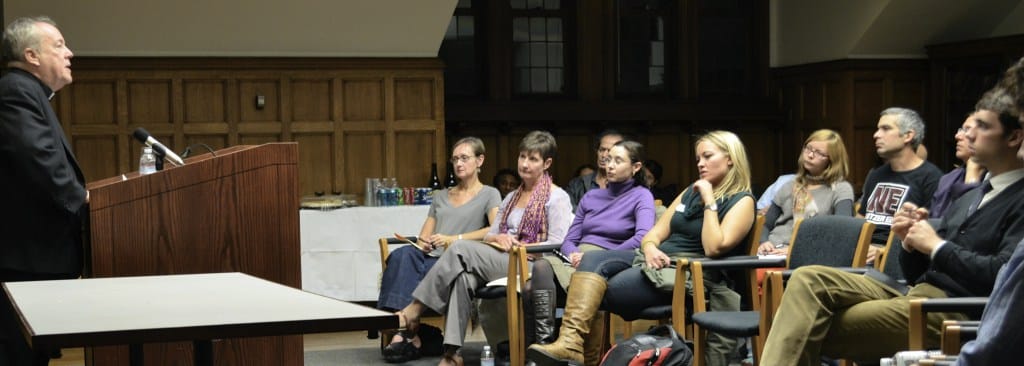
On October 11th – the day the universal Church celebrated the 50th anniversary of the opening of the Second Vatican Council – Fr. Edward Oakes, Professor of Systematic Theology at the University of St. Mary of the Lake/Mundelein Seminary, gave a lecture for the Lumen Christi Institute on the famously misinterpreted document Gaudium et spes, or the “Pastoral Constitution on the Modern World.”